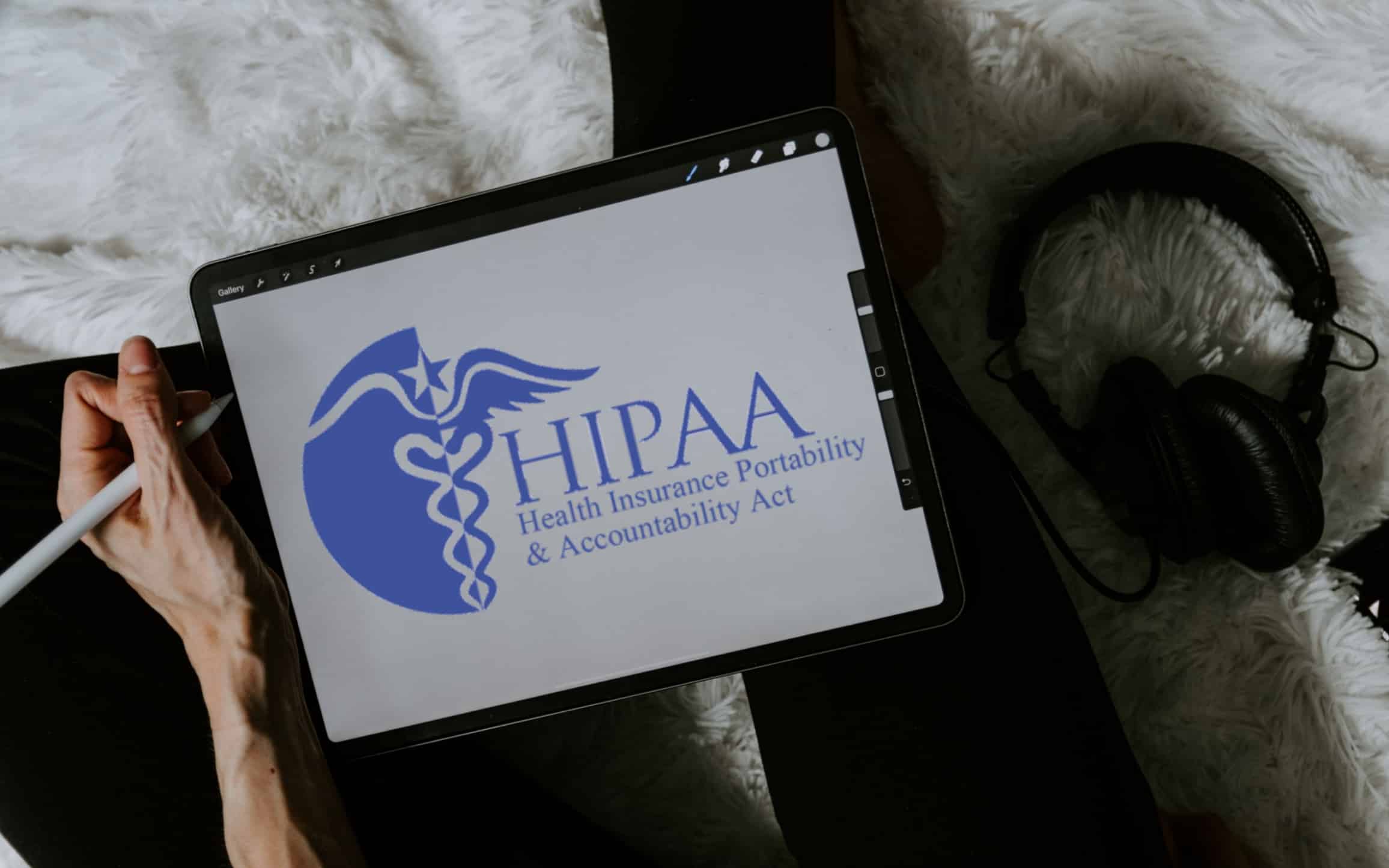Many covered entities and business associates attempt to tackle HIPAA on their own, not realizing how many components make up an effective compliance program. The Department of Health and Human Services (HHS) does not make it easy for healthcare organizations to figure out what exactly is required of them. This is where HIPAA outsourcing comes in.
HIPAA outsourcing allows healthcare organizations to become HIPAA compliant with the help of a HIPAA expert. There are many reasons why HIPAA outsourcing is a good idea, ten of these outsourcing reasons are discussed below.

- HIPAA is complex and confusing
- HHS values third-party verification
- Audit support
- Guided self-audits
- Customized remediation plans
- Customized policies and procedures
- Business associate management
- Help finding HIPAA compliant vendors
- Employee training, tracking, and attestation
- Documentation in one place
1. HIPAA is Complex and Confusing
HIPAA applies to a variety of types and sizes of organizations which is why the HHS left the regulation intentionally vague. This is because something that is appropriate for a large hospital system is not necessarily appropriate for a sole practitioner. When you use an expert for your HIPAA compliance, they can advise you as to what your business specifically needs to do to comply with the regulations.
2. HHS Values Third-party Verification
Although the HHS does not recognize HIPAA certifications, they do value third-party verification of your compliance program. Essentially, you can utilize a third-party organization to “check your work” to ensure that you have done everything HIPAA requires of you.
3. Audit Support
One of the most valuable aspects of HIPAA outsourcing is audit support. When you work with a third-party for your HIPAA compliance needs, they can provide you with all of the documentation you need to prove your “good faith effort” towards compliance.
4. Guided Self-audits
HIPAA requires you to conduct self-audits annually to assess your current privacy, security, and breach notification practices against HIPAA standards. Although you can complete these without guidance, it is difficult to do so. Many HIPAA outsourcing companies offer self-audits, but they do not guide you through completing them. When you have a guide, you can be confident that you are correctly completing your self-audits.
5. Customized Remediation Plans
Remediation plans are meant to address vulnerabilities identified through your self audits (also known as gaps). To be in compliance with HIPAA, you must address your deficiencies with customized remediation plans that include how you will address gaps, and timelines for implementing remediation.
6. Customized Policies and Procedures
Policies and procedures create guidelines for how your organization is addressing HIPAA Privacy, Security, and Breach Notification Rule standards. There is a common misconception that it is permitted to use a policy binder to address this. However, HIPAA requires you to have customized policies and procedures that directly relate to how your business operates. Drafting these on your own can be time consuming, and leave you legally vulnerable. This is why you should outsource your policy creation to an expert.
7. Business Associate Management
Business associates management is a key component of HIPAA compliance. Your business associates’ vulnerabilities are ultimately your responsibility. It is important to send your business associates a vendor questionnaire that identifies gaps in their privacy and security practices. The business associate must then agree to remediate their deficiencies in order for you to work with them. In addition, HIPAA requires you to have signed business associate agreements with all of your business associates before you are permitted to share protected health information (PHI) with them.
8. Help Finding HIPAA Compliant Vendors
As stated above, business associate compliance is an important aspect of your HIPAA compliance. It can be difficult to find HIPAA compliant vendors, but when you work with a HIPAA outsourcing service, they can assist you in finding vendors that are right for your business.
9. Employee Training, Tracking, and Attestation
To ensure that employees are aware of their HIPAA obligations, and your organization’s policies and procedures, they must be trained annually. Many organizations believe that group training is enough, however in these types of settings, you cannot be sure that you are keeping employees’ attention, and that they understand the training material. Effective training is conducted on an individual basis, where employees can request more information when they don’t understand something, or legally attest when they do understand, that they agree to adhere to the training. It is also important to be able to track your employees’ training progress to ensure that they complete their training in a timely manner.
Try our free HIPAA training here!
10. Documentation in One Place
One of the most important parts of HIPAA compliance is documenting your efforts. Without documentation, should you be subject to an audit, you would not be able to prove your “good faith effort” towards compliance. When you outsource your HIPAA compliance program to a vendor that offers a total compliance solution, all of your necessary documentation will be stored in one place, easily accessible should you need it.
HIPAA Outsourcing: How to Choose a HIPAA Compliance Solution
When looking for a HIPAA compliance solution to outsource your compliance to, you should ensure that it is a total solution. A total HIPAA solution includes required self-audits, gap identification and remediation, policies and procedures, HIPAA training, business associate management, and incident response.









